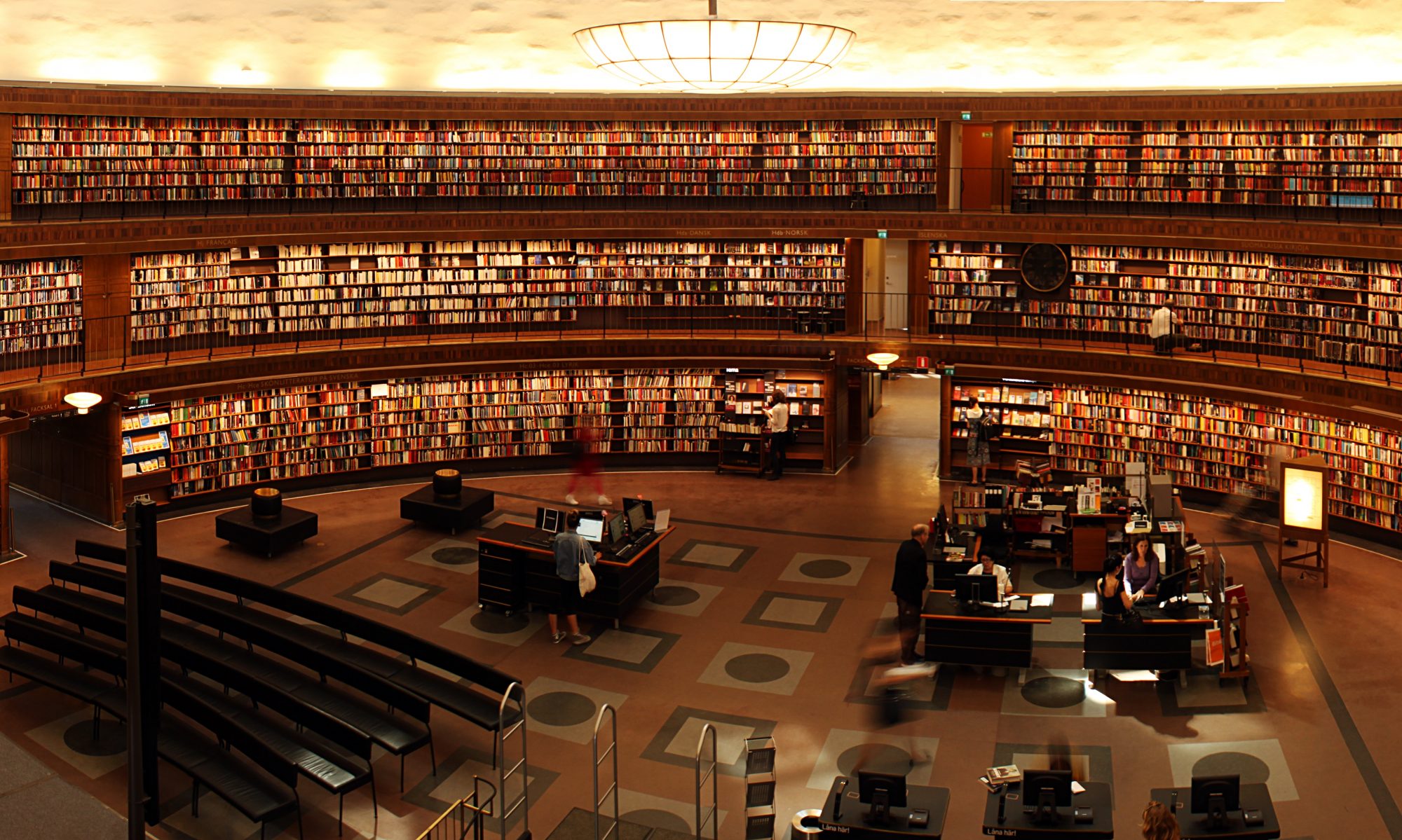
I saw Onaatah at the Siri Fort auditorium in Delhi last summer. They were screening National Award Winning films. The reason I went was because I saw the writer’s posts on Facebook (why should the very best of Indian movies not be promoted well is something which defies logic, but more on that another time).
Now I am a fan of the writer, Paulami Duttagupta. I am yet to come across such a powerful writer in recent times. Her book, A Thousand Unspoken Words, was such a spectacular love story.
Now Onaatah is a Khasi film (Winner of best Khasi Film at the 63rd National Film Awards) hence I was skeptical if I’d really be able to appreciate the film. Boy, was I wrong! It turned out to be one of the best movies I have seen in recent times. If I were to make a list of must watch films, it definitely will be one of them.
Paulami’s Onaatah is not the heroine extraordinaire, she is the girl next door, a dutiful doctor, who’s about to get married to her childhood sweetheart. But all that changes when she gets raped on her way home from work one evening. You would think this would be one of the umpteen rape films we have seen…from those horrendous one where the victim woos her rapist to make her marry her, to insensitive but clichéd courtroom dramas to the extreme ones where the victim turns into a gun-wielding vigilante overnight to take revenge. Well it isn’t, the writer here chooses to delve into what happens to the victim outside the courtroom. The story here begins where stories end, after the court serves justice.
Despite being a Khasi Film (subtitled in English), with a majorly north Indian audience, the film ended to a thunderous applause.
Onaatah, the book, came a while after the movie. And despite having the watched the movie the book kept me glued. As a matter of fact, the book being more elaborate had moments which moved me more.
There are instances in the books, like where Onaatah gets nightmares, or where she is on the brink of taking her life, which disturbed me. There are no melodramatic court room scenes, no man vs woman monologues. The film creates some wonderful, credible male characters, be it the men who bring Onaatah to the hospital or her father who stands by her like a rock, or her Uncle or Duh, the village idiot.
The book makes you ask a lot of uncomfortable questions….Why do we as a society look at women as the flag bearers of the family’s honor? Why do we look at sexual crimes against women as dishonoring a woman? Is the physical and mental trauma that a victim goes through not enough that we need to shame them for what happened? Why is the shame of the victim’s, not the perpetrators’? Does victory in a court of law truly help the victim make peace with her demons, or is it the world outside the court, where the victim actually looks for validation and acceptance? And then tries to help you find some answers through Onaatah’s journey of re-discovering herself and finding hope and purpose.
Her journey takes her to a small village where her Uncle and Aunt live. She thrives in the obliviousness of the simple village folks (They don’t judge or sympathize or question because they obviously don’t know). Their love, compassion and simplicity endears them to her…till Duh, the village simpleton decides to profess his love to her. She is taken aback, her sense of inadequacy takes over, her past comes hurtling back to haunt her…that’s when she realizes that everyone in the village knew about her past and yet gave her the space to move forward, like Duh says ‘we don’t trap people in their past’.
The story ends with Onaatah being more at peace with herself and her past…the book does not attempt to answer if Onaatah is able to completely exonerate the demons of her past, whether Onaatah and Duh have a happily ever after…it chooses to give Onaatah time and hope….
Paulami’s etches some wonderful characters, Onaatah’ s father, her Uncle, Duh, his grandmother, or Dondor are so lovable, it’s difficult not to fall in love with them. Her language is fluid and unpretentious. One of my favourite moment in the book is when Dondor, a blind man, takes Onaatah on a tour of the village blind folded; profound, heartfelt!
It’s a book on finding strength where there is none, a book on never ever giving up on life, it’s a book about giving love a chance….
As I write this I am reminded of an old hind couplet I had read somewhere!
तमसो मा ज्योतिर्गमय (from darkness to light!)
——————————————————————————————————————————–
An absolute must read! Read the book and watch the movie too or vice versa…but do both!
The movie is available on Netflix
The book is available in all bookstores and online portals as well!
‘I am taking my Alexa rank to the next level with Blogchatter’


Sounds like an interesting and important.
LikeLike
It indeed is
LikeLike
after reading your review, sure to read/ watch it soon. thanks for sharing
LikeLike
That will be great.. thanks for stopping by
LikeLike
wow!! really looking forward to read this book 🙂
LikeLike
Please do.. thanks for stopping by
LikeLike